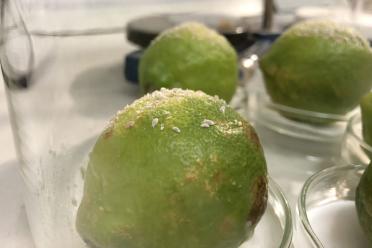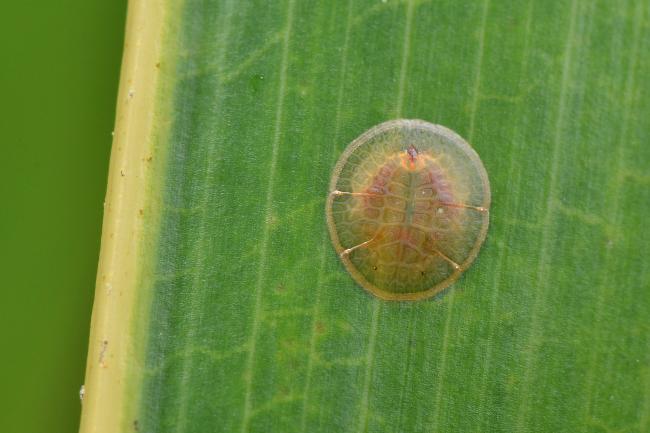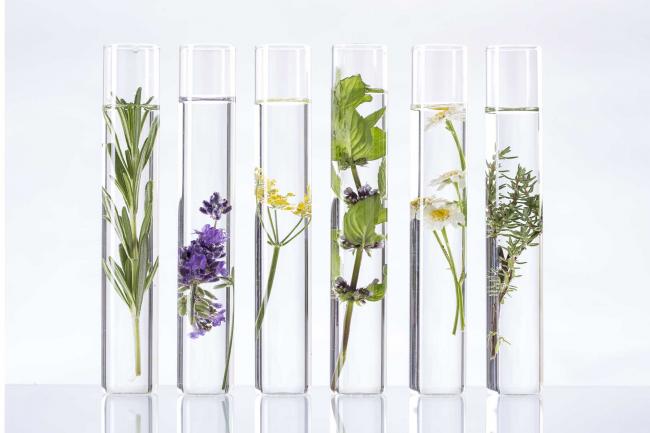
The project will use a biological method for manufacturing pheromones, which provide a safe and sustainable alternative to harmful pesticides, reducing the environmental impact of agriculture.
Estimated to reach nearly 17.5 billion by 2022, the cost of treating crops is growing at a rapid rate. Due to climate change, insect pests are on the rise - costing the US agriculture sector up to $700 million annually and resulting in up to 80% crop yield damage.
Some of the most aggressive pests of agriculture are insect larvae. Semiochemicals are emitted by insects for communication. The most widely known of these are sex pheromones, produced by virgin females to attract mates of the same species.
In project SUSPHIRE, the team of European scientists aim to use synthetic biology to produce insect sex pheromones in plants and fungi, building on the success of the Polytechnic University of Valencia’s entry into the 2014 iGEM competition with project “SexyPlant" in which they produced insect sex-pheromones in plants.
Improving on the initial proof-of-concept, the new research will identify and validate key biosynthetic enzymes for the bioproduction of the superfamily insect group Coccoidea (scale insects and mealybugs) pheromones.
The biologically-produced pheromones can be used to control insect pests that affect agriculture and horticulture.
Synthetic Biology Group Leader at EI, Dr Nicola Patron, said: “We will take a synthetic biology approach to identify and rewrite insect pheromone biosynthesis pathways, optimising bioproduction in plants and fungi.
“The use of sex pheromones for pest control is already known to be feasible, but for many species, the manufacturing is difficult and expensive. Bioengineering can provide viable alternatives to manufacturing, expanding the use of pheromones that will be much kinder to our environment.”
Dispensing sex pheromones in plant production environments is used to disrupt mating in the target insect species and prevent breeding, thereby providing a highly species-specific control method. This presents a sustainable alternative to conventional pesticides, the use of which is progressively being restricted due to concerns about their non-specificity and negative impacts on biodiversity.
The SUSPHIRE project will demonstrate that biosynthesis can provide a sustainable, low-cost manufacturing platform for the commercial production of insect pheromones and reduce the production cost of pheromones that are currently commercially non-viable.
Insect sex pheromones are already used as a pest-control strategy. However, chemical synthesis is currently the only approach for manufacturing and the use of toxic ingredients is inevitable. Furthermore, the unusual chemical characteristics of many insect pheromones mean that synthesis is not cost-effective.
Dr Diego Orzaez, who will present the project at ACHEMA, The World Forum and Leading Show for the Process Industries, in Frankfurt, added: “With an ever-growing global human population, increasing agricultural production through prevention of crop losses to pests has the potential for enormous economic and social impact. We estimate that the bio-manufacturing is an excellent opportunity to expand the pheromone market, contributing to reducing the global costs of integrated pest management programmes.”
ENDS


